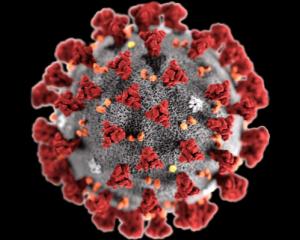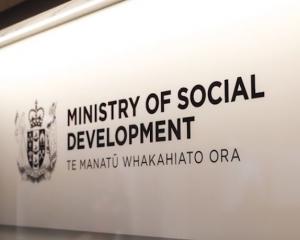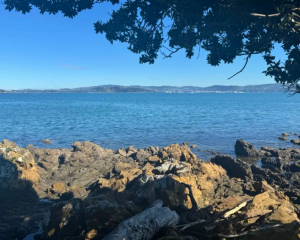
Watson, a director of Hanover Group but not of the companies that accepted investor funds, is absent from the list of five others associated with the finance group who will pay the funds as part of a settlement of the FMA's claim.
The settlement agreement says the payment may include a contribution from the men's insurers.
Watson was one of the defendants in the FMA's claim, which alleged misleading and untrue statements were made in offer documents distributed by Hanover between December 2007 and July 2008 about the financial position of the companies. The other defendants were Mark Hotchin, Greg Muir, Bruce Gordon, Sir Tipene O'Regan and Dennis Broit.
All six men, including Watson, have settled the claim with the FMA and deny any liability. FMA chief executive Rob Everett would not comment on why Watson was not specifically listed as having contributed.
The FMA's investigation and associated action has cost taxpayers an estimated $3.5 million. On top of this about 10,000 hours of FMA staff time was spent on the case and on the asset freeze proceedings against Hotchin and entities associated with him.
The FMA, in its case, was seeking compensation for investors who put $35 million into Hanover Finance, Hanover Capital and United Finance from December 2007 to July 2008. It is hoped the first distribution of the $18 million could be made by October.
Redress for investors
The FMA is working with professional services firm Deloitte to work out how much will go to each eligible investor.
Mr Everett said this morning that the deal achieved the most for investors, in the shortest possible time.
The FMA's primary focus was getting redress for investors, he said.
"The alternative route of coming to trial would have taken two or more years before any resolution...$18 million to be paid to investors now is a better outcome," Mr Everett said.
He said it was entirely possible that any court judgment the FMA obtained would have been for less.
Asked whether he thought it was appropriate to settle given the serious allegations involved and the fact a receiver or liquidator had not investigated the companies and the lead up to their moratorium in 2008, Everett said:
"The case we took in relation to disclosure in a specific period was never going to be a proxy for the overall Hanover situation. We didn't have the remit or the evidence that would have enabled us to open up a much broader case so by its nature these proceedings were only limited to a subset of the investors and only a subset of the issues that attach to Hanover...it was never going to cover the fuller picture," he said.
An admission of liability was not going to come from the defendants as part of a settlement process, Mr Everett said.
"We're comfortable this was the best deal we could get," he said.
Mr Hotchin, Mr Muir, Sir Tipene and Mr Gordon, as part of the settlement, have given voluntary undertakings not to act as directors of a bank or non-deposit-taker until May 2018 without the FMA's written approval.
Mr Watson and Broit have given representations to the FMA that they do not intend, now or in the future, to act as directors of a bank or non-bank deposit-taker.
Mr Everett acknowledged these undertakings were not as prohibitive as the management bans that could have been imposed if the FMA was successful at trial.
"We felt this was an important piece of the overall settlement, such that anyone who is operating in this space will know the impact of some of those undertakings," he said.
- By Hamish Fletcher of the New Zealand Herald











